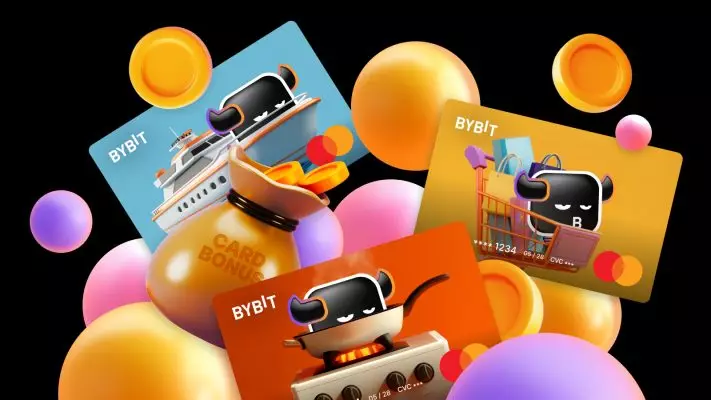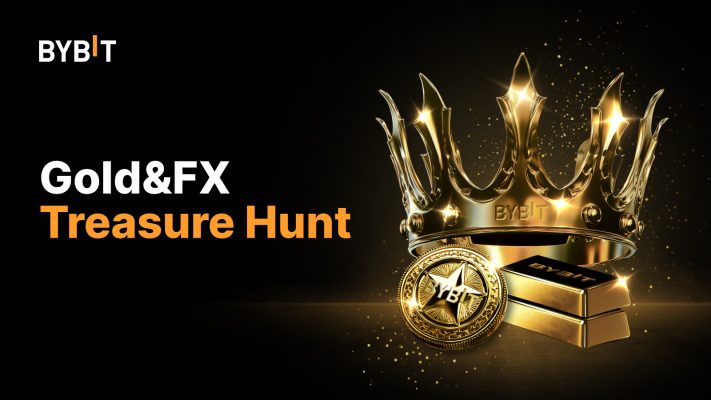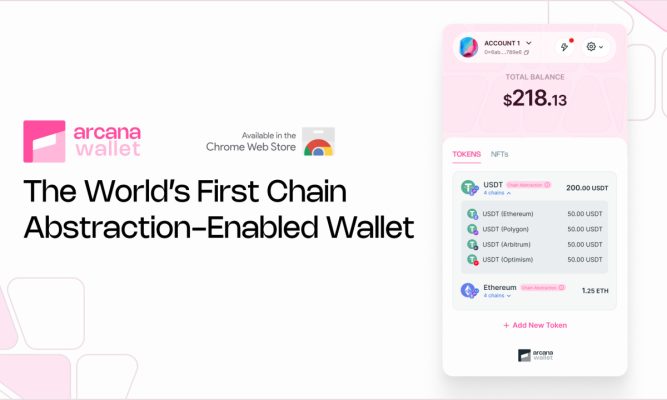The increasing adoption of blockchain technology means it will play an essential role in future applications. Although public or permissionless versions are open and decentralized, they’re also slow. You can centralize and close private blockchains, either completely or partially. You can take advantage of this wave by learning how to build blockchain-powered apps. This article will answer some pertinent questions about the essential requirements.
Overview of Blockchain Programming
Before releasing a blockchain, you must understand the features that make up its architecture. Although initially coded in C++, later versions of blockchain are written in C and Java. These two languages are more compatible with most of the machines that execute the code.
If you’re planning on building a decentralized app (DApp), it’s backend code will run on a decentralized P2P network. You can write its front-end code in any language just as you would with a centralized app. One of its main features should be the ability of its user interface to communicate seamlessly with the backend.

Top Blockchain Programming Platforms
- Ethereum
This open-source platform is suitable for programming blockchain-powered DApps that support cryptocurrency. It enables the creation of smart contracts that flow through nodes in the blockchain network. Apart from tracking transactions, it offers various programming choices. They include Java, C++, Python, and Go. You can build smart contracts using Solidity. This high-level, object-oriented programming language specializes in creating contracts for multi-signature wallets, blind auctions, crowdfunding, and voting.
- Hyperledger
This umbrella project brings together various open-source blockchains with the aim of improving technology. It offers the necessary training, events, and tools to encourage collaboration in developing distributed ledgers. It also powers modular blockchain technology, which has an API that is detailed but easy to understand. Hyperledger improves security by ensuring that only relevant parties take part in a transaction. It contains all of the features of blockchain architecture, including data privacy, immutability, and information sharing.
The Best Blockchain Programming Languages

The top five languages for blockchain programming are:
1. C++
This extension of the C language is one of the most dependable on this list. It allows the creation of packages containing data, objects, and functions. This convenience means you can reduce coding time by calling and reusing essential programs. Although it’s an old language, C++ has features that make it suitable for blockchain programming. It gives you significant control of memory and CPU usage, hence improving speed and overall performance. This language is an essential component of blockchain projects involving Bitcoin, Litecoin, Ripple, and other types of cryptocurrency.
2. Javascript
This language is arguably the most popular for software creation. Other than jQuery, useful libraries and frameworks include React, Node, and Angular. They’re the main drivers of contemporary web development. Together with CSS and HTML, they enable the creation of highly interactive programs. What makes Javascript suitable for blockchain programming? This language excels at handling non-parallel tasks and is powerful enough to process actions by an increasing number of users.
3. Python
Most new programmers prefer Python due to its simple syntax, which is no different from English. Other than creating web-based applications, the code can also link database systems, perform complex calculations, and handle big data. One of its most attractive features is the completion of commands using new lines instead of the parentheses or semicolons associated with other programming languages. The blockchain ecosystem contains various public tools written in this language. It’s mainly useful in writing smart contracts for the Hyperledger platform.
3. Go
GoLang, or GO, is a relatively new programming language that Google released to the public in 2012. It aims to reap the performance of Python, Javascript, and other modern languages, while maintaining the simplicity and security of C. As a compiled language, GO has a rich library, which is useful in multiple aspects of blockchain projects. It also allows the asynchronous running of several programs. GO’s blockchain-related projects include Go-Ethereum and Hyperledger Fabric.
4. Solidity
Solidity is a high-level, domain-specific, and object-oriented solution that has similarities with Javascript. It also contains influences from Python and C++. These characteristics make it suitable for building DApps based on the Ethereum platform and its virtual machine (EVM). Solidity supports libraries, inheritance, and user-defined types. It’s currently the most adapted blockchain programming language in the industry.
While you can learn these languages through online tutorials, a certification from established institutions is better. A prime example is Eleven Fifty Academy, which equips you with these highly marketable skills in weeks. An added benefit for veterans is the ability to use your GI Bill benefits to learn to program.
Conclusion
Blockchain’s massive impact will continue to grow in all industries and sectors. Cryptocurrency is now acceptable as a viable payment option by established online stores. Other applications include supply chain management, claims processing, the internet of things, personal identification, community project implementation, and governance. Blockchain programming is the perfect solution to problems posed by an increasingly decentralized world.
Featured image: ccm.net



